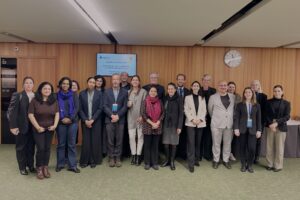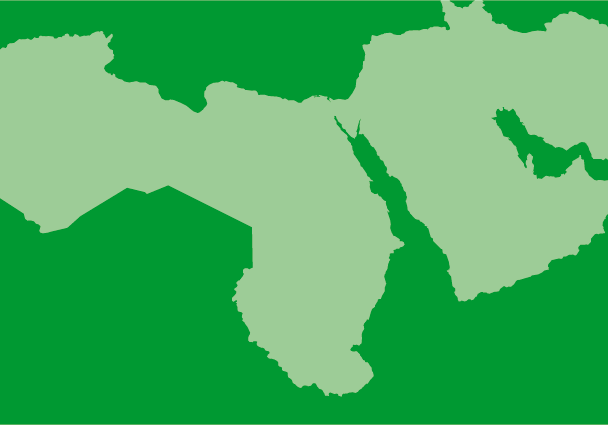
Feb 28, 1994 | News
The ICJ two-year study of the Iraqi legal system, entitled “Iraq and the Rule of Law,” pinpoints structural defects in the Iraqi system of justice, which can be considered as characteristic of similar one-party States.
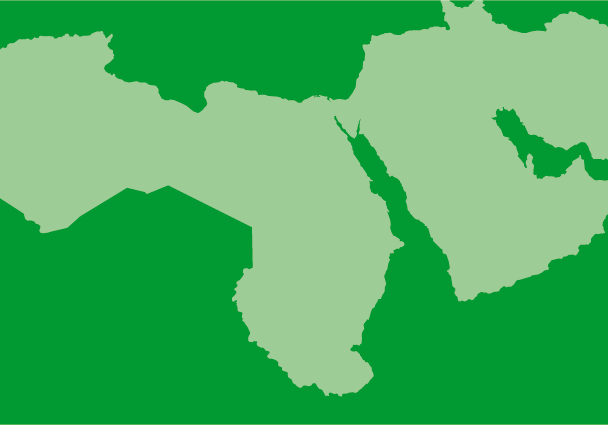
Feb 28, 1994 | News
The ICJ urges the Lebanese government to take all adequate steps to ensure that the perpetrators of the Sunday massacre be brought to justice.
At least 10 worshippers were killed and over 60 others wounded, many of them children and women, during mass, when two bombs ripped through the Sayyidet el Najat (Our Lady of Salvation) church in Jounieh, northern Beirut.
The ICJ deplores this infamous massacre which may jeopardise the country’s recent return to peace after years of civil war.
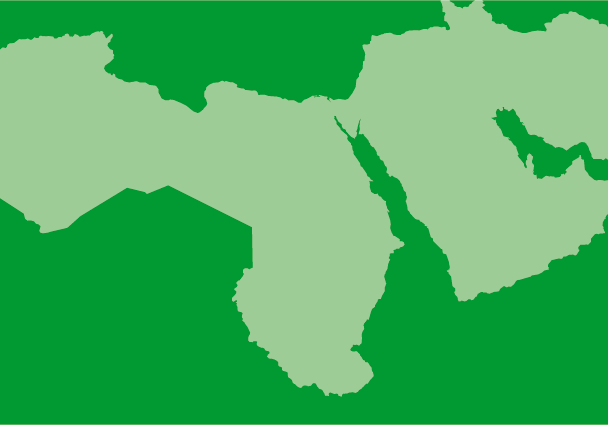
Feb 25, 1994 | News
The ICJ deplores the outrageous massacre of at least 53 Palestinians in Hebron, in the Occupied Territories, early this morning.
Over 100 Palestinians were wounded, some of them seriously, and, therefore, the death toll is bound to increase.
The ICJ is alarmed over the potential consequences of the massacre and urges the Israeli military authorities to exercise maximum restraint in the coming hours. Already, at least 8 more Palestinians were killed by the army in separate incidents, following this tragic event.
The Palestinians were killed when an Israeli settler in military uniform opened fire on the worshippers inside the AI-Haram AI-Ibrahimi Mosque in Hebron in the early hours of the morning.
The ICJ has always maintained that the Israeli settlements in the Occupied Territories are not only illegal but, also, constitute a threat to peace and security in the region.
The ICJ reiterates its concern that the systematic arming of Israeli settlers in the Occupied Territories sets the stage for this act of inhumanity.
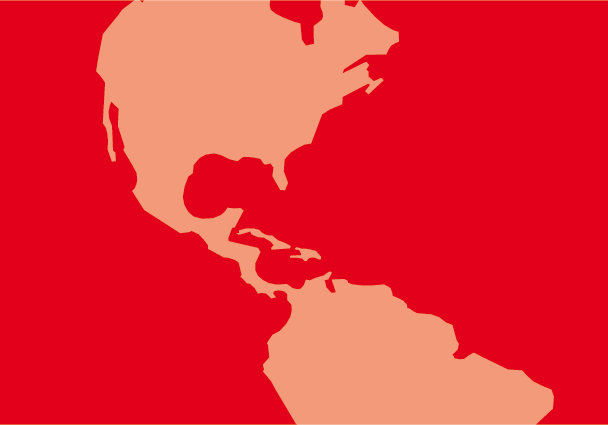
Feb 22, 1994 | News
The ICJ released today a preliminary report of its mission to Mexico from 1-10 February 1994 with regard to the recent insurrection of the indigenous peoples in the Mexican State of Chiapas.
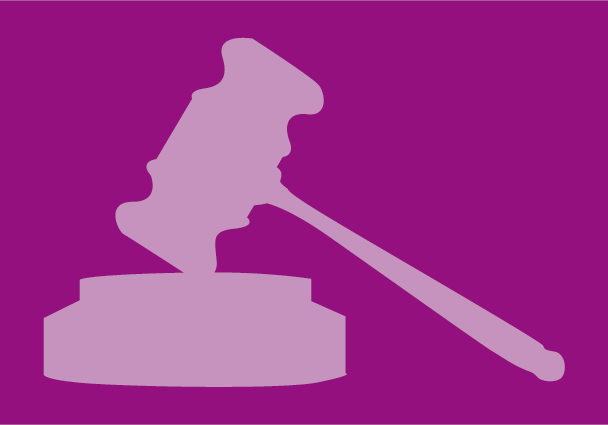
Feb 1, 1994 | Advocacy, Non-legal submissions
A group of 40 distinguished legal experts and media representatives, convened by the ICJ’s Centre for the Independence of Judges and Lawyers, and the Spanish Committee of UNICEF, met in Madrid, Spain, between 18 – 20 January 1994.
The objectives of the meeting were
- to examine the relationship between the media and judicial independence as guaranteed by the 1985 UN Basic Principles on the Independence of Judiciary;
- to formulate principles addressing the relationship between freedom of the expression and judicial independence.
The Basic Principle is as follows:
- Freedom of expression (including freedom of the media) constitutes one of the essential foundations of every society which claims to be democratic. It is the function and right of the media to gather and convey information to the public and to comment on the administration of justice, including cases before, during and after trial, without violating the presumption of innocence.
- This principle can only be departed from in the circumstances envisaged in the International Covenant on Civil and Political Rights, as interpreted by the 1984 Siracusa Principles on the Limitation and Derogation Provisions in the International Covenant on Civil and Political Rights (U.N. Document E/CN.4/1984/4).
- The right to comment on the administration of justice shall not be subject to any special restrictions.
The document contains the Principles, an Annex: Strategies for Implementation, the List of Participants at the Seminar and extracts from the International Covenant on Civil and Political Rights (ICCPR) and from the Syracusa Principles on the Limitation and Derogation Provisions in the ICCPR.
Madrid Principles Media Judicial Independence-non-legal submission-1994-eng (full text in English, PDF)






